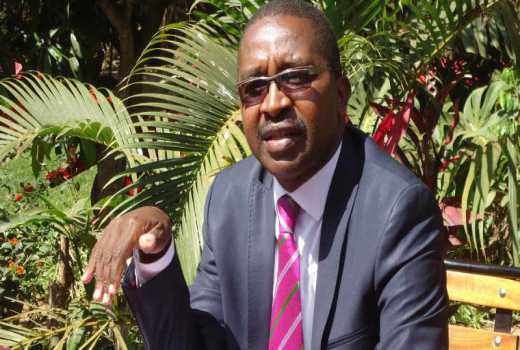×
The Standard e-Paper
Smart Minds Choose Us

Murang’a Governor Mwangi Wa Iria has rejected a survey that ranked his county as the most corrupt.
He termed it political aimed at affecting the succession politics in the country.